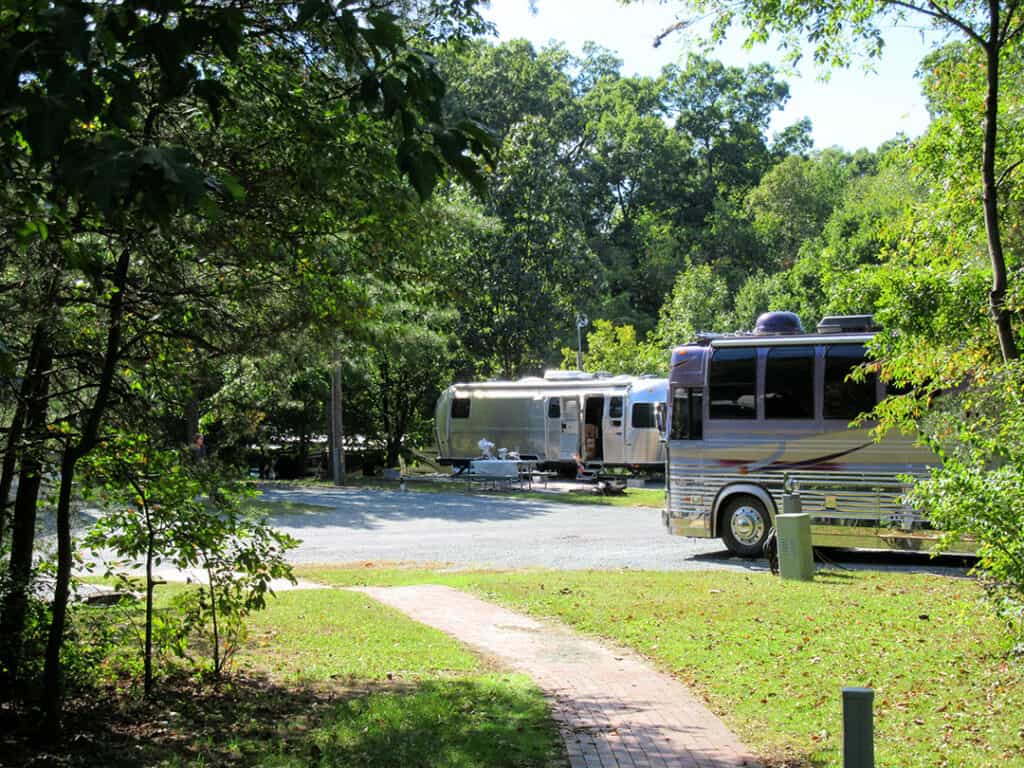
What’s The Future Of The Family Run Campground?
There is no denying that the typical campground has changed over the decades. What used to be a fairly small and niche enterprise has exploded into a multitude of business of all sizes and forms. Some examples of these include state or county campgrounds transferring their daily duties to off-site organizations, family run campgrounds selling their business to corporations, and campgrounds opening up in backyards and vacant land.
This article by Andy Zipser on the RV Travel website opened up a very interesting conversation about the traditional family run campground and whether it’s in danger. Zipser talks about his family’s process of selling their campground to a larger corporation. In addition, the article discusses the upheavals being faced by smaller, family run campgrounds and whether or not they should sell.
Why sell a family run campground?
According to Marilyn DeWard of The Campground Connection, family run campgrounds are sold for various reasons.
“A lot of the mom and pop campgrounds are just that: mom and pop. They are operated by elderly couples who have health issues, they miss being away from family, it’s their 10 year exit plan anniversary, or it could be divorce, or the death of a spouse.”
Marilyn DeWard, The Campground Connection
The Campground Connection is a full service connecting campground and resort buyers and sellers. Their website features a search function and map for campgrounds for sale across the nation.
DeWard has seen an uptick in corporations becoming interested in the camping industry because of COVID-19 and the explosion of RV purchases.
“I do see corporations and investment groups coming into the market more so now than in the past. With a surge of “new” campers, campgrounds and RV parks were filled to capacity in 2020. Investors watch the market, and I think they saw the surge of sales in the motorhomes, followed that to campgrounds, and saw a merging market. Of course, they wanted a piece of the pie and they came out in droves.”
Marilyn DeWard, The Campground Connection
However she adds that because of these new campers, some of these buyers also fall in love with the lifestyle and want a change of pace.
“Most buyers are coming out of a corporate job. They are done ‘working for the man’ and want the freedom to own and operate their own business and be their own boss. Most are couples with children who are looking for a lifestyle, change of pace, and a good environment for their children to grow up in. The average age of the buyer is around 45 to 60 years old.”
Marilyn DeWard, The Campground Connection
Cherry Hill Park
So, with this new buying storm brewing, is the family run campground doomed?
Not necessarily.
An example of one that is going strong and evolving with the times is Cherry Hill Park near Washington, D.C. In 2021 Cherry Hill Park is celebrating its 100 year anniversary. It started out as a poultry farm in 1921 and has been run by the same family for five generations. The campground offers sites for RVs and tents, as well as stays in log cabins, yurts, glamping pods, and large-scale rental houses.
Owner, Mike Gurevich says, “You learn a lot growing up on a campground. We hold true today to the values we’ve always had—good hospitality and friendly service don’t go out of style. We pride ourselves on providing each guest that visits us with the best camping and tourism experience in the region.”
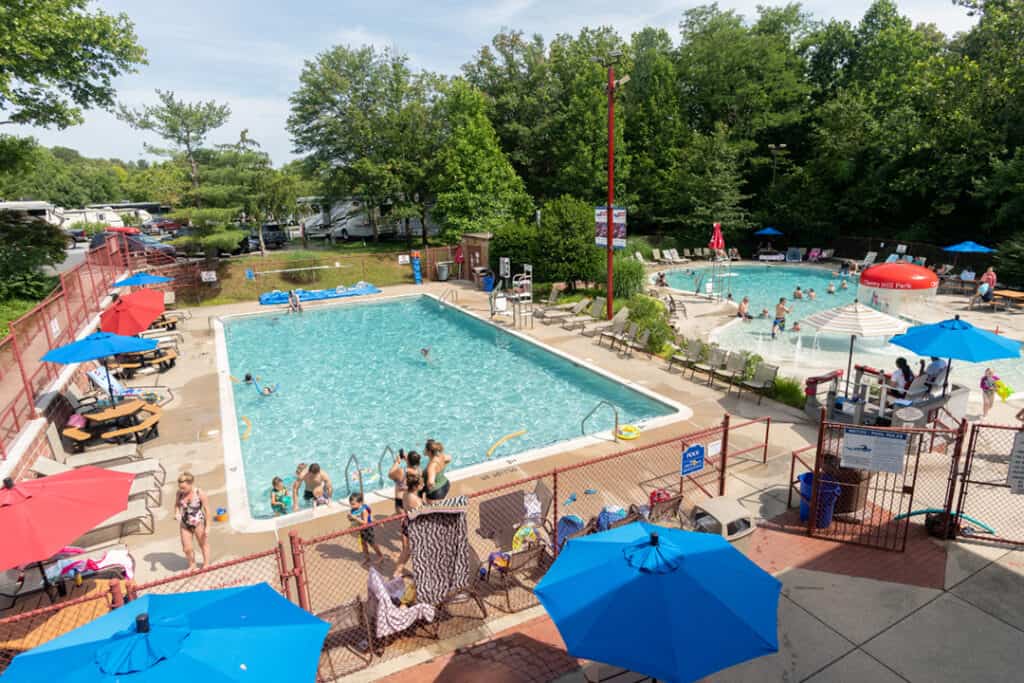
Evelyn Townsend, the Marketing Director for Cherry Hill Park says that their guests appreciate the family-run aspect of the campground and seek them out because of it.
“We often hear from guests that it’s obvious we’re a family run campground and that they appreciate it. We think we’re able to offer a personal touch—we resolve guest issues directly, we have a personal relationship with our staff, and we are able to reinvest in our business to improve and grow rather than satisfy a board of shareholders. We love that Cherry Hill Park is a campground like few others, where our passion for camping and hospitality translates to an excellent guest experience. For us, excellence is a matter of personal pride.
Evelyn Townsend, Cherry Hill Park
While we’ve certainly noticed some recent transitions where campgrounds have sold to corporations, we’ve noticed in many cases that the guests are less happy. We hear that some personality is lost while prices rise and amenities are reduced. We really feel that the personal touch inspires us to go above and beyond for our guests.”
Townsend has noticed other trends in the camping business. These include a shift from retired couples to vacationing families, growth of resort-style campgrounds, growing diversity in the types of families who camp, and exciting new developments in electric vehicles that could bring serious change to the industry.
“We’re excited for it all. We’ve managed to last 100 years because we love adapting to changes and shifting our business to meet people where they’re at.”
Evelyn Townsend, Cherry Hill Park
Townsend also adds that with a strong family business, the benefits can be passed down to the customer.
“A major trend we’ve noticed is that many family-run campgrounds are in the process of generational transition. Kids who grew up in the business are becoming very active in high-level management decisions. This means you’re starting to see more technological solutions. Campground software is improving, and owners are pursuing things like better WiFi, digital security, online ordering and delivery, charging to site, and remote check-ins. We feel a family-run campground can offer the perfect blend of traditional customer service values, efficiency, and convenience, and that’s what we strive to provide our guests.”
Evelyn Townsend, Cherry Hill Park
For all of your camping and trip planning needs, look no further than RV LIFE Campgrounds and RV LIFE Trip Wizard. RV LIFE Campgrounds is a trusted source of campground and RV park reviews offered by camping and RV enthusiasts just like you. With its accompanying RV LIFE App, RV LIFE Trip Wizard gets you to your camping destinations utilizing RV-friendly routes specific to your RV and travel preferences.

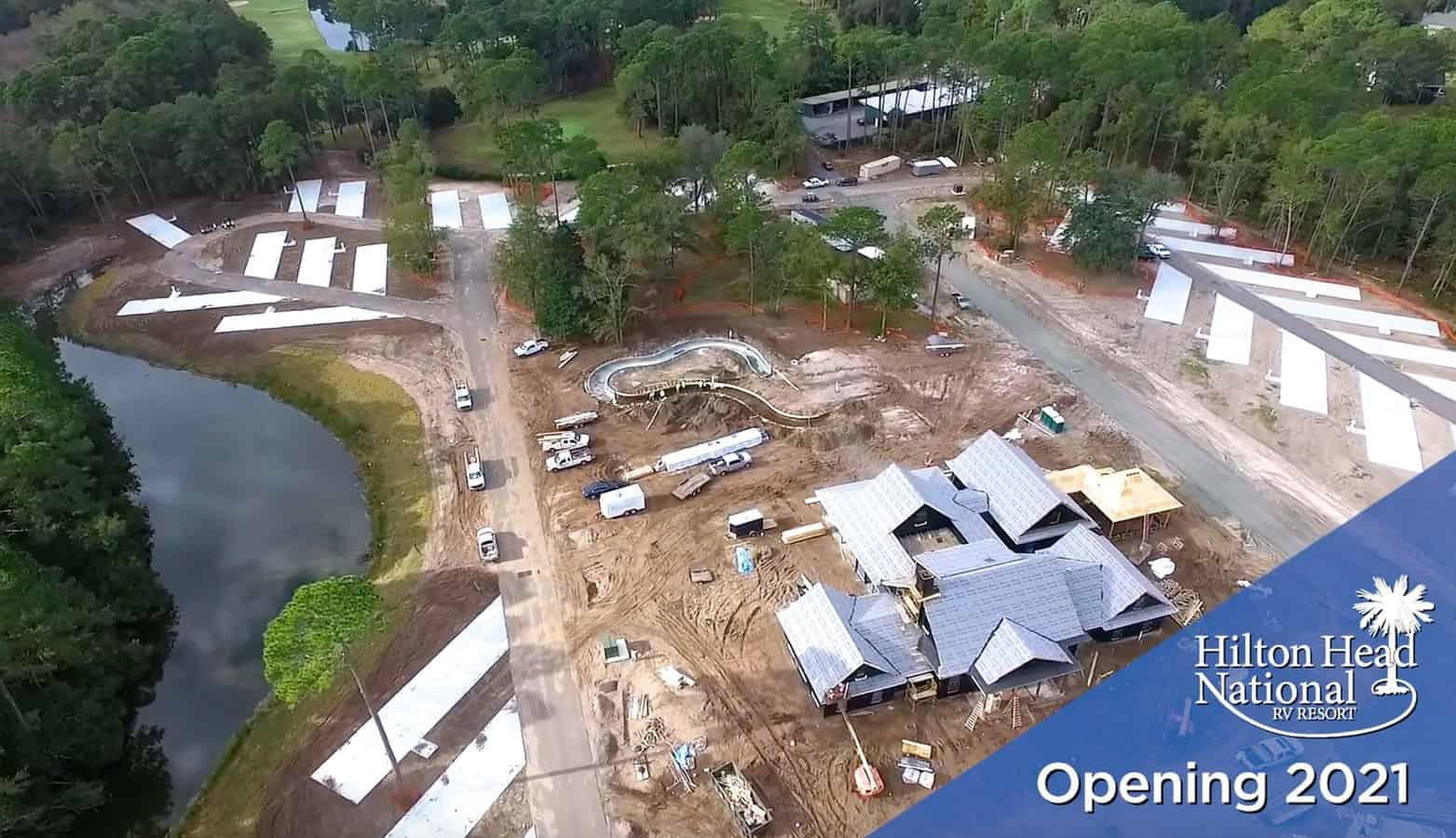
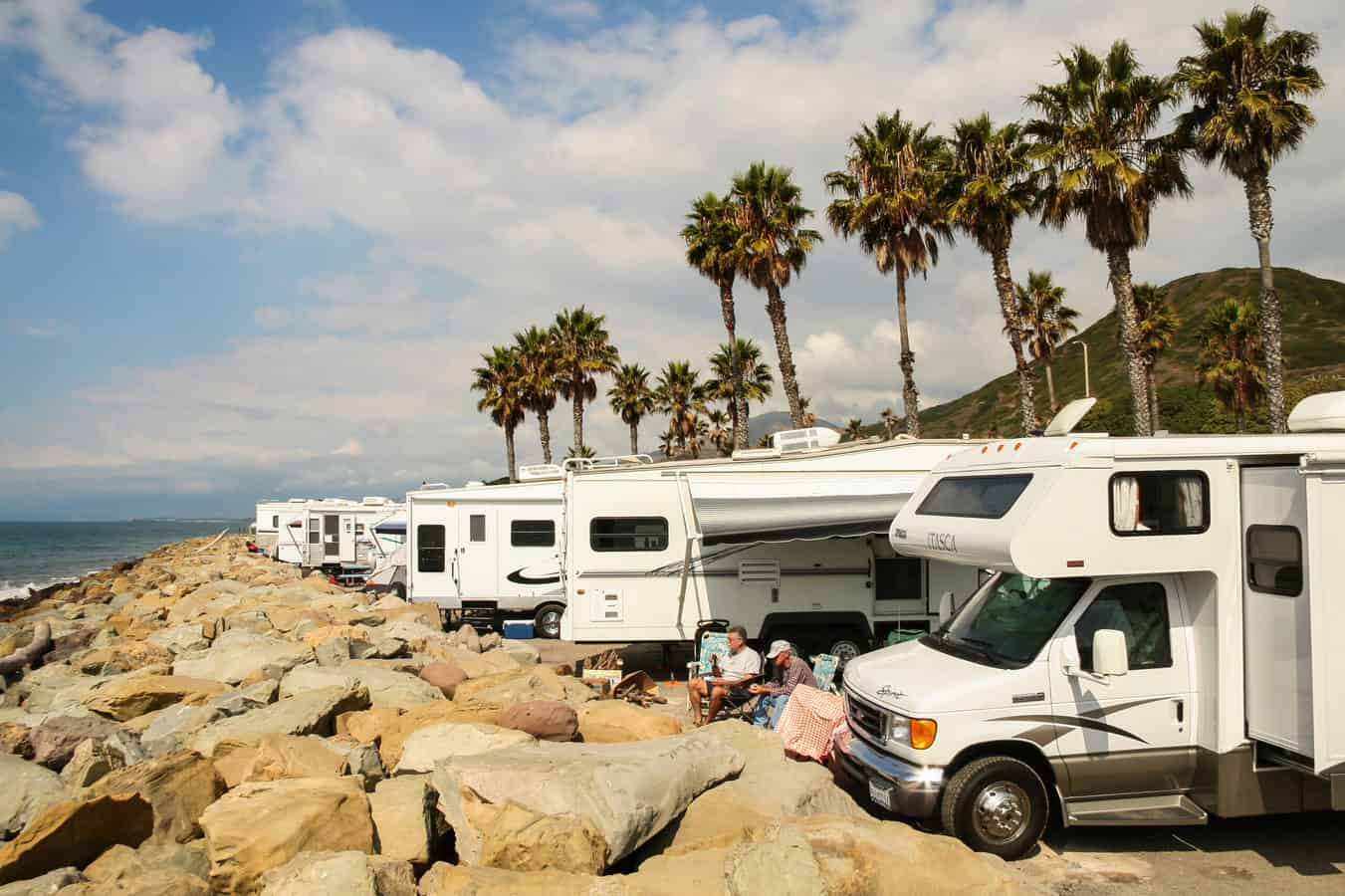
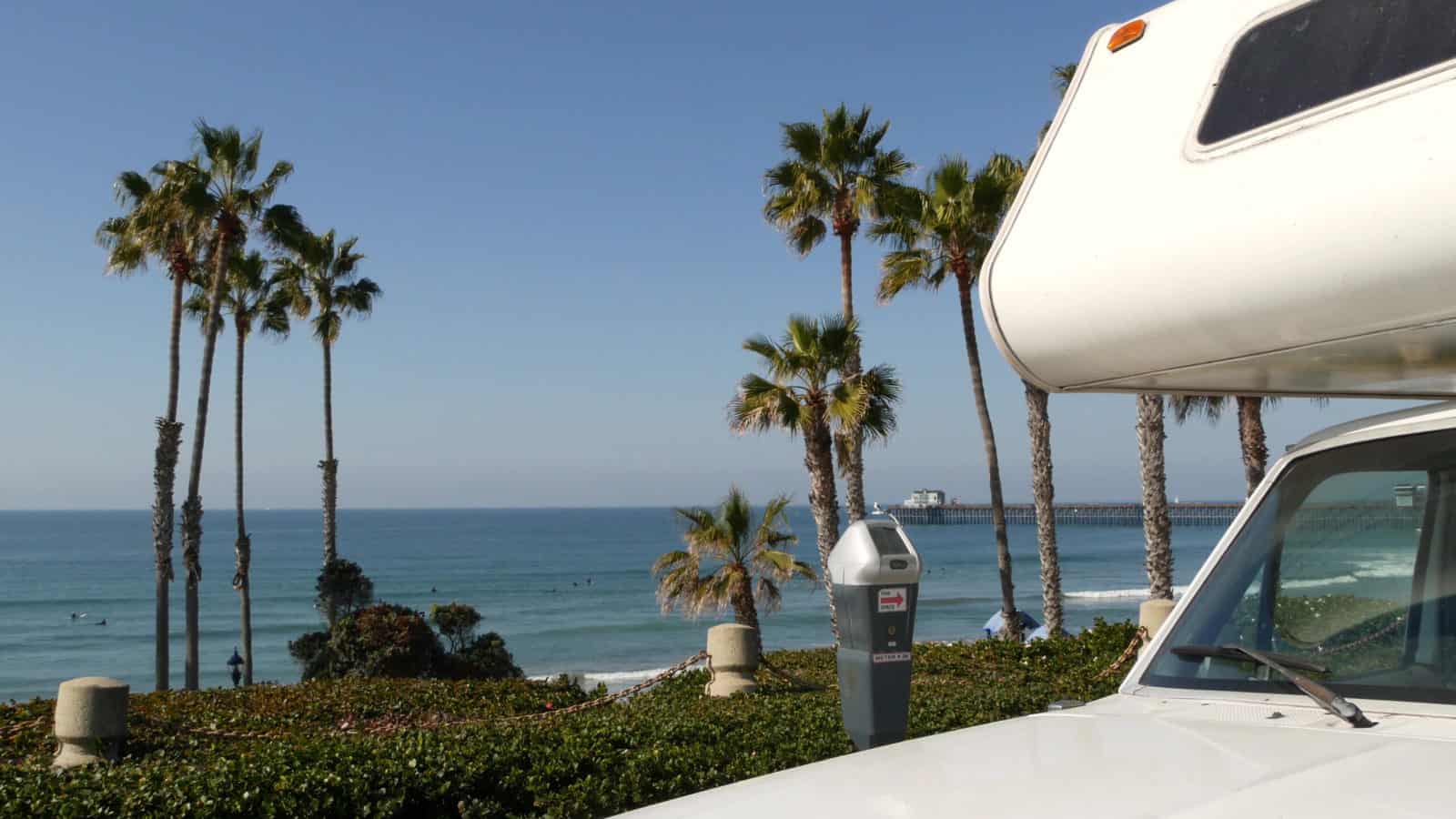
We enjoy the state parks and the national forest the most. Mom and pops are great to work into our trip when we need the facilities or convenience as long as it’s a well-kept park, we have experienced a mixture of really good and really bad mom and pops. I believe the corporate campgrounds invest more into the upkeep which is much appreciated. All in all it’s nice to have options and a good mixture of campgrounds to choose from.
My last “mom and pop” came with on owner who helped me hook up, offered to help with a leak and had an ongoing conversation with me and several other campers about trucks and motorcycles.
It wasnt until I was leaving that I realized I hadnt regjstered or paid since I was a late arrival!
I agree with Mr. Testa. We still stay in Pacific NW State or Fed parks but the reservation process is daunting. You have to stay up until 11:59 pm the day before the reservation system activates with your finger poised over the send key. You are forced to make plans 6, 9, 12 months in advance. Private campgrounds have better amenities such as WiFi (that actually works). Public sector parks do generally have more space between sites and many are in areas with no public land. I am not ready to sell my RV but we plan to do more boondocking.
There are fewer and fewer water front RV Parks and campgrounds, waterfront recreation will soon be restricted to the wealthy. Thank you for any family run campground owners who have water front and share it with normal folks. It is to be admired you resist selling out to corporations or developers, Thank you
Currently 58 y.o. and retired with a small pension, open minded to buying and running a mom-pop RV CG operation in the midwest when I can draw upon my 401K in a 2 years without penalty which has a very nice healthy balance (for now). Not that I really need the additional income but it seems like a pleasant way to make some additional income and to deal with and meet nice people as customers in a mostly relaxed setting. Definitely something worth looking into when the right time and opportunity comes.
Being corporate owned doesn’t mean a campground has to lose that “family owned personality”. It is entirely up to whether corporate allows reasonable financial reinvestment and whether they find a live in camp manager with the right ideals and management style. Of course, all too often corporate profit wins out and campers lose. BUT campers have a huge feedback network where they share horror stories and revies of bad campgrounds so Mr Corp may have a lesson or two to learn.
I’m with Joseph.
We’ve been RVing since the 70s. A lot has changed, and not necessarily for the better.
A good article! We are a retired couple who have a 2019 Jayco Redhawk, and travel mostly in the Northeast and Mid-Atlantic from spring to fall. We have stayed in varied campgrounds from rustic to the glamorous, privately owned mom and pop to corporate run mega-campgrounds, but we have found, much of the campground difference depends on what the guest is looking for, and how the campgrounds are managed or their location. Some of the more rustic places, have had owners who have really tried despite their limited resources, which is perfectly find with us. Many (not all) mega-campground, try to be all things to all people, and in doing so, become impersonal, sanitized managed by non-owners, who are concerned with turnover and profit, not making relationships. Conversely the mega-campgrounds provide organized entertainment, caterer to younger families with kids making their short visits truly memorable. Personally, we are location driven, and enjoy wherever we end up, but I suspect do to Covid, the demand for more entertainment, and the increased land prices, the smaller mom and pop campgrounds will be forced out, similar to the motor court industry.
If they go away I will be selling my RV as I only stay in the Mom & Pop ones.